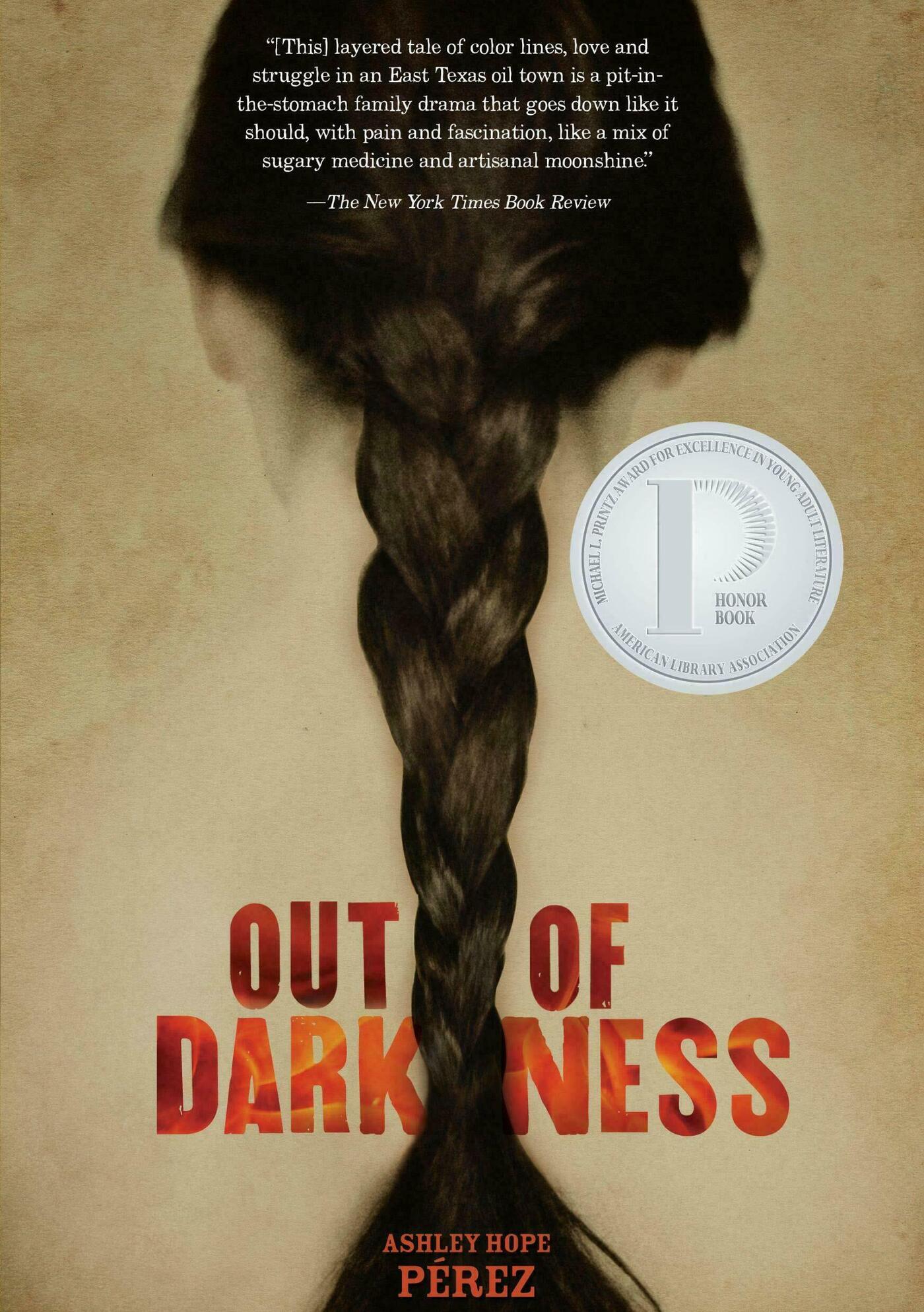
[ad_1]
This dialogue with Ashley Hope Pérez is a part of a sequence of interviews with — and essays by — authors who’re discovering their books being challenged and banned within the U.S.
Ashley Hope Pérez is the creator of the award-winning Out of Darkness, a younger grownup novel that has confronted challenges and bans within the U.S. lately.


Pérez — who’s a comparative literature professor at The Ohio State University along with having authored three novels — facilities her writing on Latin American narratives, making house for younger Latino readers to see themselves in her work. She revealed Out of Darkness in 2015, a 12 months that invoked a nationwide dialog surrounding problems with race, environmental racism, racialized violence and police brutality.
Out of Darkness relies on a true-events: In 1937, a pure gasoline explosion at a faculty in New London, Texas, killed practically 300 college students and lecturers — one of many deadliest college disasters in U.S. historical past. This historic context is foregrounded by the fictional love story between an African American boy and a Mexican American lady. The characters cross shade traces and navigate familial tensions and traumas.
The novel re-contextualizes up to date problems with race, offering a historic framework in a not-so-post-racial America. After a few years on bookshelves, in 2021 this frank portrayal earned the e-book a spot on the American Library Association (ALA) Banned Book List for “depictions of abuse and because it was considered to be sexually explicit.”
The interview beneath has been edited for size and readability.
Interview highlights
On writing concerning the human expertise, even the arduous components
Out of Darkness, like many works of literature, engages with every kind of features of human expertise. And as a literature professor myself, I can inform you that literature from the Bible to Chaucer to Shakespeare to Faulkner offers with troublesome matters as a result of these features of life are the supplies literature… it is to not be provocative or to misery anybody, however as a result of after we need to write about human expertise actually and fully, we’ve got to incorporate the ache of being an individual. And so I believe that Out of Darkness is literature. And in some ways, what e-book banners within the current second are suggesting is that literature that actually engages human expertise is in some way inappropriate for youngsters. And after we hear issues like ‘there’s pornographic content material at school libraries,’ what we’re actually listening to is engagement with human expertise, resembling sexual expertise — we’re listening to that being portrayed as pornographic. But that is not that is not that is not true of Out of Darkness or the opposite books which have been vilified on this motion any greater than it is true of the Bible being pornographic as a result of it has sexual content material.
On books concerning the previous being resonant within the current
With Out of Darkness I used to be attempting to do one thing slightly bit totally different, which was to put in writing the historic novel that readers like my college students would not have the ability to put down. A historic novel that, although being concerning the previous, would appear powerfully resonant with their lives. In Out of Darkness, for instance, I engaged the histories of college segregation in Texas, not simply the ways in which colleges have been segregated to separate Black Americans and white American college students, but in addition what occurred to Mexican American youngsters or anybody who was did not match into these classes. Texas had “Mexican schools” that have been unequal in several methods and in some methods extra damaging. And my college students did not know that historical past. So I assumed with Out of Darkness about what my former college students would need in a e-book concerning the previous in order that it might communicate to them now. And numerous what they needed was honesty, to not see issues sugarcoated or sanitized.
On bans overwhelmingly concentrating on authors who’re marginalized
There will likely be individuals who purchase the e-book due to listening to this interview. But for the a whole bunch of authors whose works have been banned however who have not been interviewed on NPR, this may be profession ending. I imply, dropping entry to high school and library markets will be profession ending for authors. And since these bans are overwhelmingly concentrating on folks — authors of shade and authors with different marginalized identities, it is a actual risk to the modest progress we have made in diversifying kids’s literature and literature for younger adults.
Claire Murashima produced the printed model of this story. Meghan Collins Sullivan edited this story for the net.
[adinserter block=”4″]
[ad_2]
Source link
